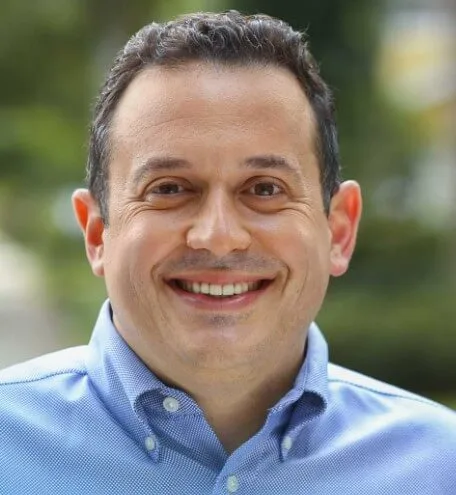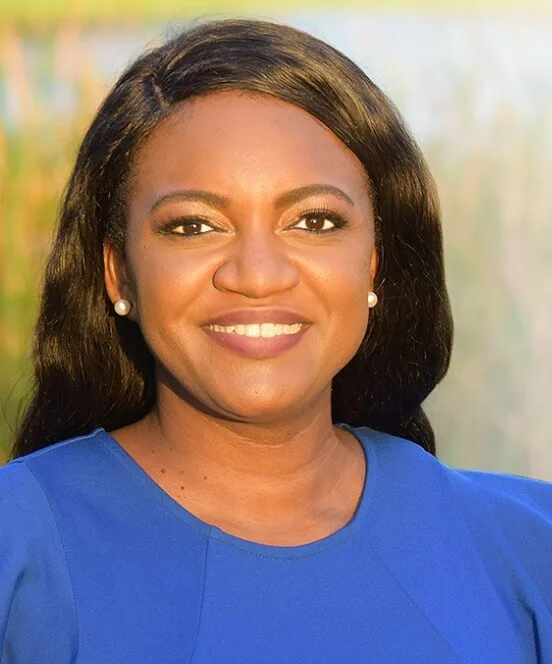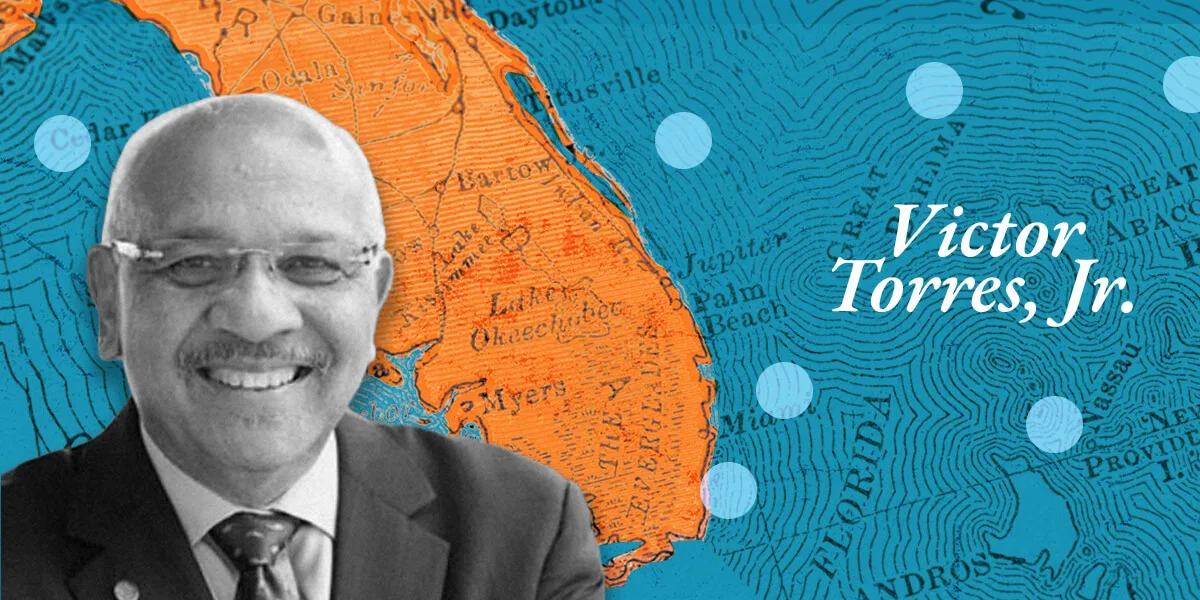
Image courtesy of Betsy Ramos for The Americano
Serena Velázquez’s mom opens up about how she feels now that the two men that brutally murdered her daughter and Layla are in the hands of the FBI, and could even face the death penalty if found guilty.
SAN JUAN — As Mother’s Day approaches, Betsy Ramos — a resident of Juncos, Puerto Rico — can’t seem to comprehend why someone wanted to kill her daughter. Serena Velázquez (32) lost her life in what is now the first case ever to be officially investigated as a hate crime by federal authorities on the island.
Juan C. Pagán Bonilla (21) and Sean Díaz De León (19) are now under the custody of the FBI and can face extradition. The death penalty is illegal in Puerto Rico. And they both confessed and pleaded guilty on the murders of Serena and her friend Layla Peláez (23).
The macabre scene where the trans women were found was described on the police report as carefully planned and intentional. Activists in Puerto Rico referred to it as a “heinous, atrocious murder, “and the culmination of a “violence epidemic” that has intensified in the past 15 months.
The last violent crime in the trans community that was registered as a hate crime — only by local authorities — was the death of Jorge Steven López Mercado. The 19-year-old gay man who was found decapitated, dismembered, and partially burned in 2009.
WATCH: Betsy Ramos is speaking out. In a heartbreaking interview, she told us about Serena’s life — and why she forgives the killers
RELATED: Trans People Are Being Hunted In Puerto Rico. It’s About Damn Time To Do Something To Stop It.
There Are No Words
When her phone rang on April 22, Betsy picked it up nervously. She had been praying all morning for the families of “those two poor trans women killed” she had seen earlier on TV. Betsy lives only nine miles away from the crime scene (their bodies were found in Humacao, on the eastern side of Puerto Rico).
“I felt unbearable pain [when I found out one of the trans women killed I saw on TV earlier was my daughter], really. Too much pain. She didn’t deserve this! No, she did not deserve this ever, no one deserves this…no mother deserves getting news as tragic as this. No one deserves it, no, no,” she told The Americano. “It just couldn’t happen; it just couldn’t be. This was a tremendous blow for me. I will always remember her. Always, always…always in my heart, always in my mind.”
Serena had moved to Queens, New York a few years before seeking new career opportunities when the economic crisis hit Puerto Rico. But Betsy recalls how she would always be going back and forth “as she pleased” to visit her and her friends on the island. Serena was a homeowner (in Las Piedras, also on the eastern side of the island).
“[Last time I spoke to Serena was] two or three days before, more or less. Yes, two or three days before [she died] we spoke, but via Messenger,” Betsy explained. “Because of the pandemic in Puerto Rico — there are already many cases of COVID-19 — and we weren’t seeing each other in person to protect ourselves. The last time I spoke to my daughter was via Messenger only.”

The child, the son, the daughter, and the moment Serena knew she was meant to be a woman
Serena was born in Humacao, the same town she exhaled for the last time. She was described by her family and closed friends as free-spirited. “She was never rejected…she was never rejected…she was more or less going into her high school years, in her teenage years, and almost heading to college when she told me she felt more like a woman.”
As a child, Betsy remembers her being always happy, kind, and playful. Just like any other kid in Puerto Rico. She was a Social Sciences graduate from the Ana G. Méndez University system and had a freelance job, according to her mother.
“Serena was a very loving person, very kind, at the same time controversial because she had her style, her personality,” her mother remembers. “She was a son, a daughter who was very loved. I loved her.”
Reconciling why someone would want to end her daughter’s life in such a violent way has been the constant in Betsy’s mind since April 22nd. “She was not an animal to be killed this way. She was a human being with feelings and emotions”, she told us. “And she, well, she always called me, although she was very private — very private — about her things.”
For the entire family, Betsy explained, the shock of Serena’s murder lingers as they try to comprehend what went wrong, but they admit that Serena’s personal life was also a mystery. “She never told me about her personal life. She always called me and I would tell her ‘I am well, you too take care, I adore you, I love you, we all love you much, be careful.’ She was very different. You know, she had her style, she had her personality, and I respected that always”, Betsy told us.
Serena and Layla Are the Second and Third Case with Sufficient Information to Be Solved.
There are seven additional unsolved crimes of transgender people that have taken place in Puerto Rico within the past 15 months, according to LGBTQ Activist and Director of Programa Vida and Clínica Transalud of San Juan, Pedro Julio Serrano.
Serrano, who also serves as a spokesperson for El Comité Amplio para la Búsqueda de la Equidad (CABE), sent a press release on Sunday demanding federal authorities to withdraw any intentions of considering the death penalty for the two men accused of the murders of Serena and Layla.

The Island is a U.S. territory and hate crimes have to be handled and tried at a federal court. Therefore, should the two men be transferred to a state like Alabama, Arizona, Arkansas, California, Florida, Georgia, or Idaho, they could face the death penalty.
From Betsy’s perspective, while it is a great “satisfaction” to know her daughter’s case can be solved, knowing that Serena’s loss could represent a new way of handling hate crimes in Puerto Rico at ta more reasonable speed, he brings a whole other level of comfort for the families awaiting justice
“My family and I, notwithstanding the pain we feel, and in spite of our emotions, feel very grateful…grateful and very, very satisfied with what is happening. For me, this is a historic moment. In the same way I hope that justice is served for all. I hope that this…that soon there will be justice for all.”
Ten Crimes, One Hope
Serrano and CABE work tirelessly to reclaim justice for each member of the Trans community who has lost their lives on the island. “We also demand that federal local and l authorities investigate the assassination of our LGBTTIQ+ friends killed within the past 15 months. The unsolved cases are Kevin Fret, Alexa Negrón Luciano, Emilio Colón, Javier Morales, Carlos Robin Morales, Yampi Méndez y Luis Díaz.
Betsy “will not be able to spend this Mother’s Day with Serena.” Layla’s mother either. But being a” woman of faith” Betsy strongly believes “accepting what we can’t change can liberate some of the pain.”
“Let me tell you something. Forgiveness liberates you. Heals you. Gives you peace. It’s an example for the change that needs to happen in humanity. We have to forgive in order to heal wounds. To be free. I have to forgive. I just have to do it.
Can one ever forgive the person who killed one’s daughter?
“I have to do it as a mother, as a human being, as a woman of faith. I practice biblical teachings that have marked my life since childhood. And I tell you this with all my heart—I forgive them.
I forgive them. I’m telling you. Serena’s mom forgives them.”

Politics

Teamsters and UPS Reach Tentative Deal to Avoid Strike, 340,000 Workers to Get Raises
The tentative deal represents a huge win for full- and part-time UPS Teamster workers, who would get significant pay raises and better working...



One Republican Senator Is Blocking 265 Military Promotions, Leaving the Marines Without a Confirmed Leader
Sen. Tommy Tuberville's decision means these military officers are not getting the pay raises they’re owed, cannot move their families to wherever...
Local News



Teamsters and UPS Reach Tentative Deal to Avoid Strike, 340,000 Workers to Get Raises
The tentative deal represents a huge win for full- and part-time UPS Teamster workers, who would get significant pay raises and better working...



One Republican Senator Is Blocking 265 Military Promotions, Leaving the Marines Without a Confirmed Leader
Sen. Tommy Tuberville's decision means these military officers are not getting the pay raises they’re owed, cannot move their families to wherever...




